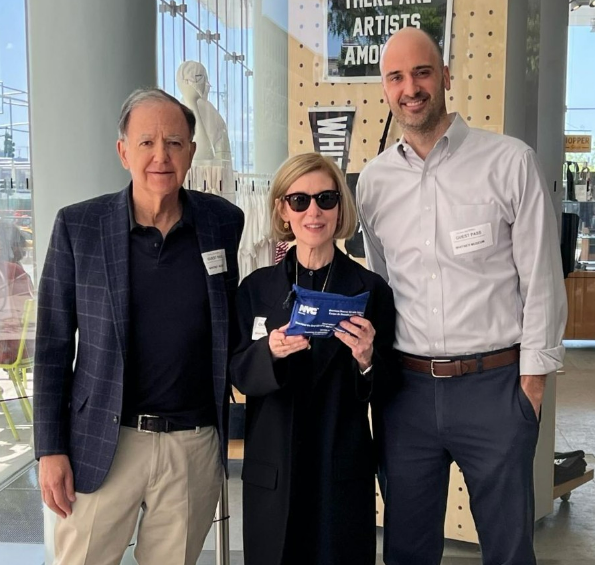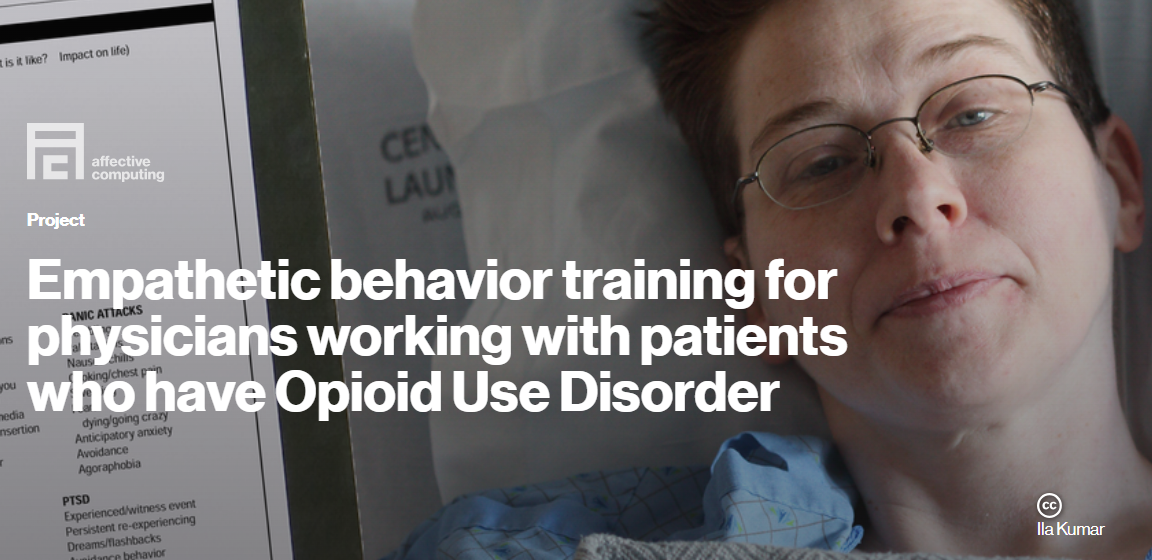
Substance use disorders and the stigma surrounding addiction continue to be pressing issues in society, particularly in relation to the devastating impact of opioid addiction. Weill Cornell Medicine is dedicated to combating these challenges through its Program for Substance Use and Stigma of Addiction. Led by Dr. Jonathan Avery, Vice Chair for Addiction Psychiatry, the program aims to diminish the stigma associated with addiction while enhancing the lives of those affected. By offering comprehensive educational programming, clinical services and research programs, Weill Cornell Medicine is actively working towards transforming attitudes, improving treatment outcomes and promoting recovery.
Understanding Naloxone and its Role in Overdose Reversal
A crucial component in addressing opioid overdoses is the availability and accessibility of naloxone, commonly known as Narcan. Naloxone is an opioid receptor antagonist that rapidly binds to opioid receptors in the brain, reversing the effects of an opioid overdose and restoring normal breathing patterns. The recent approval by the Food and Drug Administration (FDA) for over-the-counter purchase of Nalaxone nasal spray marks a significant milestone in increasing its availability and accessibility. This development signifies a major step forward in saving lives and reducing the harm caused by opioid use.
Facing Alarming Statistics
The United States is currently facing an opioid crisis of unprecedented proportions. According for the Center for Disease Control (CDC), more than 564,000 people have died of an opioid related overdose in the United States between 1999-2020. In this context, the use of naloxone has proven to be a vital tool in preventing overdose-related deaths. Naloxone administration by laypersons has been responsible for saving numerous lives. However, despite its life-saving potential, naloxone remains underutilized. By increasing awareness, education, and accessibility, Weill Cornell Medicine's Program for Substance Use and Stigma of Addiction seeks to maximize the impact of naloxone and empower individuals and communities to act.
Increasing Our Impact

Pictured is John Sicher, Robin Kellner, and Dr. Jonathan Avery
Dr. Jonathan Avery emphasizes the need for a compassionate approach in addressing substance use disorder. In a recent article with the New York Times, he reflected on the negative approaches that society has focused on in the past, stating "I think we've run the experiment of shaming people, imprisoning people, punishing people for their addiction, that doesn't help." With this understanding, the program has made significant strides in combating the opioid crisis. By disseminating nearly 5,000 naloxone kits, they have witnessed the direct impact of saving lives in 25 documented cases. In partnership with Robin Kellner and John Sicher of Zoe's Story, Dr. Avery organized free naloxone training sessions and kit giveaways at notable locations such as the Whitney Museum and the Chelsea Hotel in New York City. These events have not only educated the community but also fostered a sense of empowerment, equipping individuals with the knowledge and resources to respond effectively to opioid overdoses.
Fighting the Stigma

Pictured is the Medship Webpage
Substance use disorders are often undertreated due to the stigma surrounding them. In 2021, it was reported by SAMSHA that 46.3 million people met DSM-5 criteria for having a substance use disorder, yet only 6% received treatment. We find that the stigma against substance use can inhibit treatment. Providers might unintentionally convey negative emotions or judgments through their facial expressions, resulting in worse care. To address this issue, Weill Cornell Medicine partnered with the Massachusetts Institute of Technology (MIT) to create Medship, a computerized training module that utilizes affective computing to educate future physicians about addiction stigma and enhance empathetic communication. By analyzing users' facial expressions in real-time during virtual simulated interactions with patients with substance use disorders, Medship provides immediate feedback to improve empathetic communication. This innovative approach aims to reduce stigma, improve the quality of care, and ultimately bridge the treatment gap for individuals with substance use disorders.
In the face of the ongoing opioid crisis and the pervasive stigma surrounding substance use disorder, it is crucial that society takes a compassionate and proactive approach. Acknowledging the need for change, experts provide pathways to understanding through educational tools and programs. By fostering open conversations, raising awareness, and providing education, we can create an environment where individuals are met with empathy, support and evidence-based treatment.
Explore Related Resources
Article: Over the Counter Narcan-A New Weapon in the Fight Against Opioid Overdose Deaths
Podcast: Moderation in Drug and Alcohol Use for Women
Podcast: Addressing the Stigma Surrounding Opiod Addiction
Article: International Overdose Awareness Day
Podcast: Teen Substance Use and Addiction
Substance Use Educational Materials
Substance Use Related Programs

